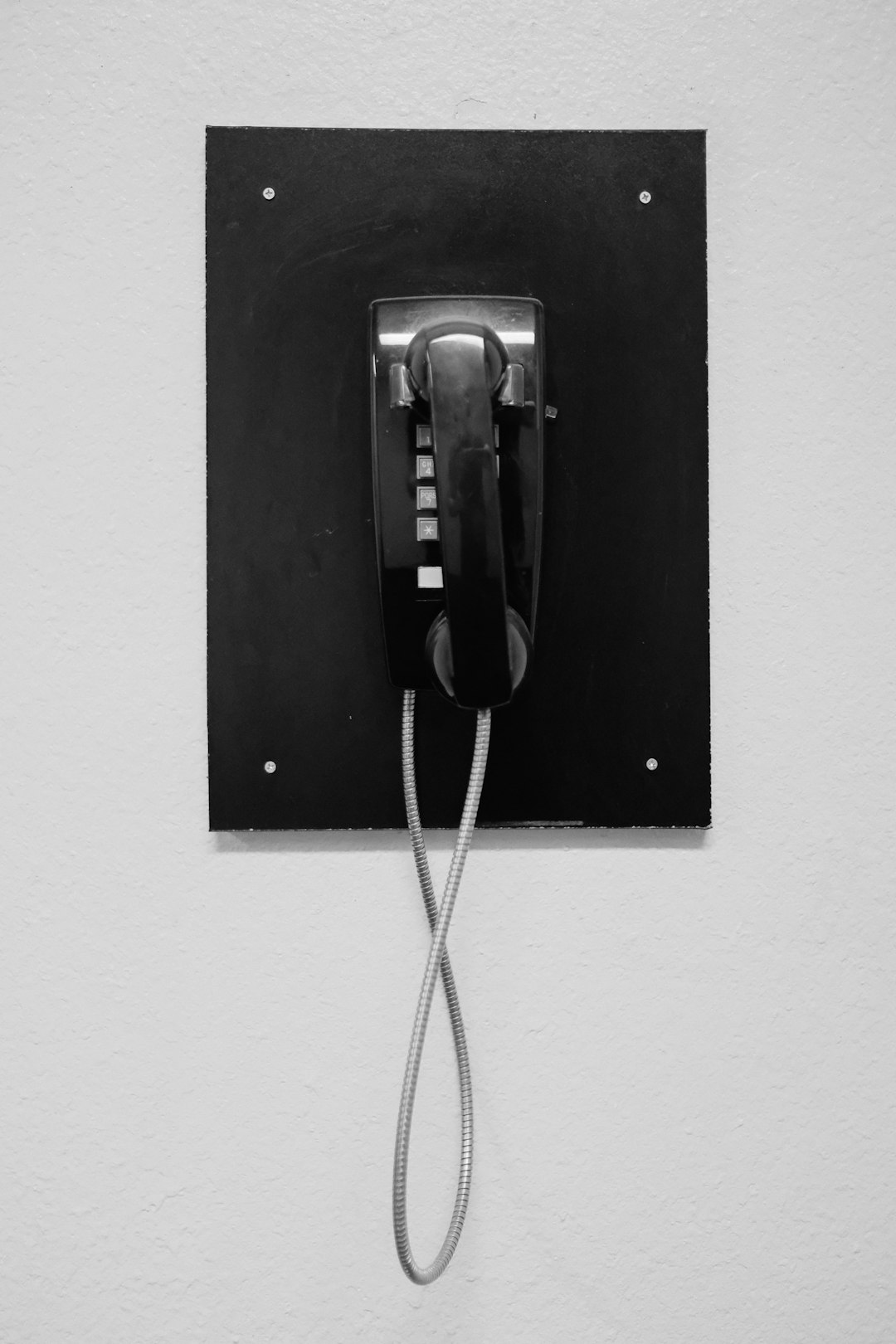In California, with its strict privacy laws like CCPA and TCPA, spam call lawyers play a crucial role in guiding businesses through complex regulations on automated dialing and prerecorded messages. AI-based call screening offers efficiency but raises ethical concerns, such as mistaken identity and bias against specific demographics. Stricter standards in California for artificial intelligence deployment ensure fairness and accessibility without compromising security. Advanced systems use machine learning to filter spam, helping consumers against unwanted calls from spam call lawyers while allowing legitimate businesses to engage through ethical means.
“In an era driven by artificial intelligence (AI), California is at the forefront of navigating ethical complexities in AI-based call screening. This article delves into the state’s legal framework and its unique challenges in combating spam calls, particularly with the involvement of AI technologies. We explore the ethical dilemmas posed by automated call screening, focusing on privacy concerns and consumer protection. Additionally, we examine how California’s approach to regulating spam calls using AI lawyers sets a precedent for striking a balance between innovation and ethical considerations.”
Understanding California's Legal Framework for Call Screening

In California, the legal framework surrounding call screening is primarily shaped by state laws and regulations aimed at protecting residents from unwanted or fraudulent communication, including spam calls. The California Consumer Privacy Act (CCPA) grants Californians significant control over their personal information, empowering them to prevent businesses from selling or sharing their data without consent. This legislation also restricts automated dialing systems and prerecorded messages unless specifically permitted for certain purposes, such as political campaigns or non-profit organizations.
Additionally, California’s Telephone Consumer Protection Act (TCPA) imposes strict rules on telemarketing practices, including restrictions on making calls using automated technology to cellular phones without prior express consent. This law is particularly relevant when addressing ethical considerations in AI-based call screening, as it underscores the importance of obtaining consumer consent and ensuring compliance with privacy rights. Lawyers specializing in spam call regulations in California play a crucial role in navigating these legal complexities, advising businesses on best practices to comply with state laws while employing innovative AI technologies for call screening.
Ethical Dilemmas in AI-Based Call Screening

AI-based call screening, while promising in terms of efficiency and cost-saving measures, presents several ethical dilemmas that require careful consideration. One of the primary concerns is the potential for mistaken identity and wrongful blocking or rejection of legitimate calls. In California, where privacy laws are stringent, ensuring these systems do not disproportionately affect individuals or businesses engaging in legal activities—like a spam call lawyer—is crucial. The risk of excluding important communications could hinder access to justice and legal services, raising serious ethical questions about the balance between security and accessibility.
Furthermore, AI algorithms may inadvertently perpetuate existing biases present in their training data, leading to discriminatory outcomes. In the context of call screening, this could result in certain demographics or groups being unfairly filtered out. For instance, a spam call lawyer relying on an AI system might be blocked due to biases against legal calls, hampering their ability to connect with clients in need. California’s perspective on these issues is significant, as it sets a precedent for ethical standards in technology deployment, especially in the realm of artificial intelligence.
Balancing Privacy and Consumer Protection: California's Approach to Spam Calls with AI Lawyers

In California, the battle against spam calls has taken on a new dimension with the advent of AI-driven call screening technologies. The state’s robust consumer protection laws, such as the California Consumer Privacy Act (CCPA), emphasize the delicate balance between protecting individual privacy and ensuring consumers are not bombarded with unwanted or fraudulent communications, particularly through spam calls.
AI lawyers and call screening systems in California are designed to filter out these pesky spam calls while respecting user privacy. These technologies leverage machine learning algorithms to analyze caller data and patterns, identifying potential spam or fraudulent activities based on various factors like frequency of calls, use of automated dialing systems, and unknown or restricted numbers. By effectively blocking or flagging such calls, California’s approach ensures consumers are protected from invasion of their privacy while allowing legitimate businesses to reach their target audiences through more ethical means.






